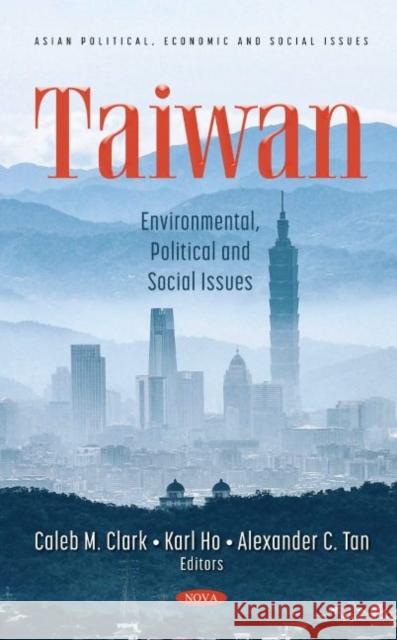Taiwan: Environmental, Political and Social Issues » książka
Taiwan: Environmental, Political and Social Issues
ISBN-13: 9781536198379
At the turn of the century, Taiwan appeared to be a success story in both its economic and political development. Rapid economic growth and economic transformation had commenced in the 1960s and continued through the 1990s, earning the name of a "amiracle" in the 1980s. While considerably delayed, the country's transformation from a one-party dictatorship began slowly in the late 1980s but was completed without much trauma by the mid-1990s, reflecting both reforms from above by the ruling Kuomintang (KMT) and pressure from below by the opposition Democratic Progressive Party (DPP). The first two decades of the 21st century brought generally bad news, however. The economy slowed and became considerably more dependent on China, who claimed sovereign control over Taiwan; and politics became more conflictual as Taiwan's situation worsened. In terms of issues, national identity and cross-Strait relations dominated Taiwan politics throughout much of the democratic era. However by the late 2010s, economic and social issues had become important concerns as well. Consequently, as the 2020s opened, Taiwan was clearly at a crossroads in its international, political, and social situation. This book analyzes issues in contemporary Taiwan. The first two chapters consider a variety of issues; the next four analyze cross-Strait relations; then come three chapters on issues and the party system and three on constitutional and legal issues; and the final one focuses on a social issue.











